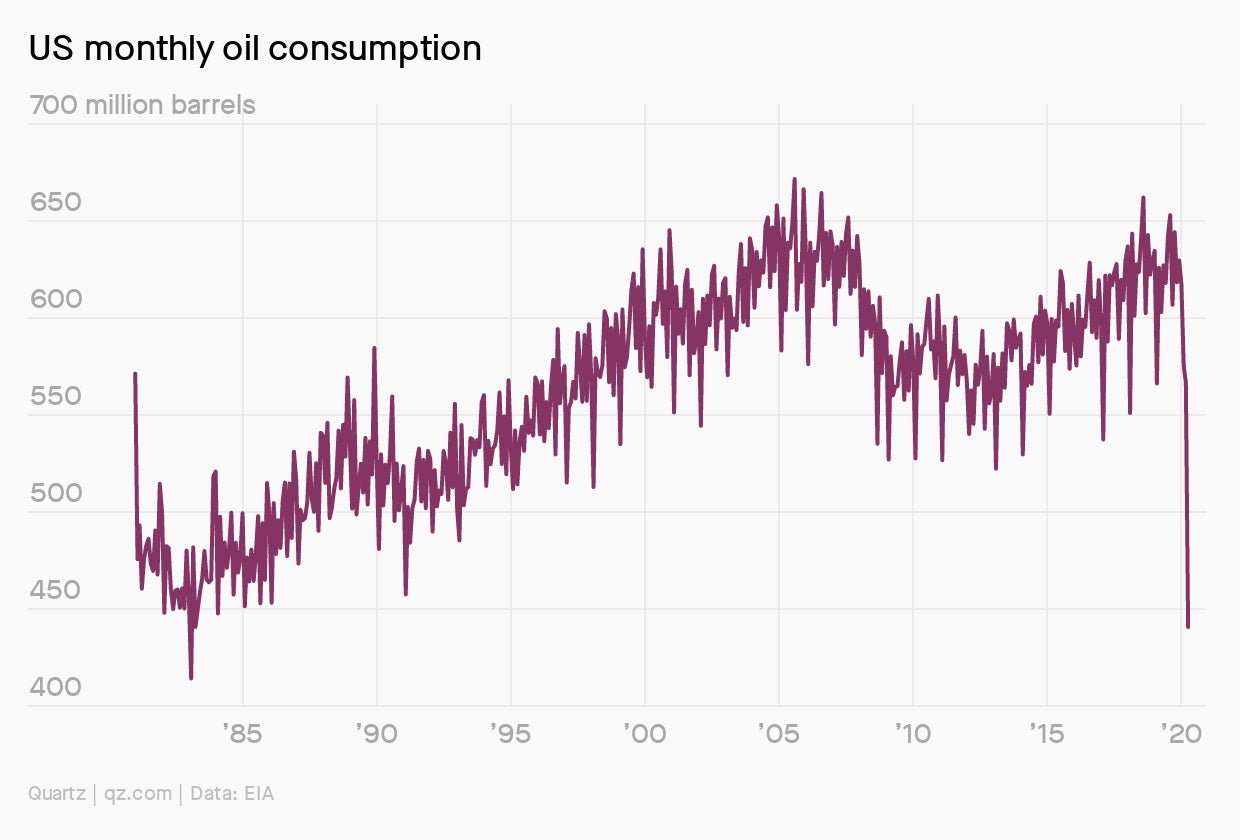US sanctions on China, Hagia Sophia, anthropause
Good morning, Quartz readers!

Good morning, Quartz readers!
Here’s what you need to know
The US House unanimously passed a bill to sanction Chinese banks. The legislation penalizes banks that do business with officials who enable the national security law on Hong Kong. It now goes to the Senate. Meanwhile, Australian prime minister Scott Morrison said he is “actively considering” ways to offer safe haven to Hong Kongers, a day after after the UK offered millions of them a path to British citizenship.
Four Indian police officers were arrested for deaths in their custody. A Tamil Nadu court ruled that the officers could face murder charges over the deaths of a father and son who were detained for allegedly breaking lockdown rules.
Turkey’s top court decides on the status of the Hagia Sophia. Built in the sixth century, the domed structure in Istanbul was first a cathedral, then a mosque, and since the 1930s, a museum. The country’s religious and nationalist groups have called for the museum to be made a mosque once more, which Greece and the US strongly oppose. Separately, Turkish officials will meet with their German counterparts to discuss the pandemic and tourism.
Russian want Vladimir Putin in office till 2036. Preliminary results from a national referendum showed voters overwhelmingly approved constitutional amendments that would reset the president’s term limits. Critics dismissed the validity of the poll results.
New Zealand’s health minister resigned. David Clark said he had become a “distraction” in the country’s coronavirus response, after breaching lockdown orders twice and initially failing to take responsibility for blunders in border management.
Quartz updated its homepage. We’re incorporating the magic of our email newsletters into qz.com.
A different kind of TikTok challenge
This week, India banned 59 Chinese apps, including the popular video-sharing platform TikTok, in an attempt to “safeguard” its mobile and internet users. The Quartz India team broke down how we got here and what it all means:
🎢 TikTok’s history in India has been a bit of a roller-coaster journey.
⭐️ The ban could be bad news for India’s TikTok stars—unless they diversify.
📱 An app developed by Bengaluru techies has gained popularity as TikTok’s desi alternative (✦ Quartz member exclusive)
🥇 But there’s no match for TikTok’s popularity in India yet.
💊 The ban gives China a taste of its own medicine.
🤝 It might mean the end of Narendra Modi’s social media diplomacy in China (he quit Weibo on Wednesday).
🎭 While Indian startups funded by Alibaba and Tencent are backing the ban (✦).
Charting US oil’s collapse

We’ve never seen a collapse like this. US oil consumption in April fell off a cliff, plumbing depths not reached since 1983. At the time, the US economy was coming off of a painful bout of inflation and leaving behind years of economic recession. The numbers, according to new data from the US Energy Information Administration, likely represent the nadir of US demand after the coronavirus virtually shut down large swaths of the country.
The drop occurred across nearly all types of oil use, from gasoline for cars to asphalt and lubricants. Petrochemicals, used for products like plastic bags and masks, were one of the only oil-based products to see a slight uptick.
For members: Changing trains in Japan
In the weeks since the Japanese government lifted the country-wide state of emergency, life is quickly returning to normal in the Japanese capital’s train stations. But is that normal a normal we should be returning to? So packed are Tokyo’s trains that anxious commuters are posting photos of cramped cars on social media with the hashtag “crowded train.” Even without a global pandemic to worry about, it’s not ideal.
Change is coming to Japan’s transit systems, if slowly. Read more about how the coronavirus pandemic is weakening the office’s grip on Japanese commuters (✦) in our field guide on the commuting revolution.
✦ If your reading list lately feels like an overstuffed train, a Quartz membership is a great way to pare it down to what you need to know about the changes facing the global economy. And to keep things completely economical, it’s on sale for 50% off! ✦
We’re obsessed with home offices
You better work. Lately, many workers have had no choice but to juggle their nine-to-five office duties with their domestic circuses. Despite our modern conceptions of an office, working from home was the norm for centuries. With no foolproof reopening solutions in sight, it appears that home offices—in whatever scale—will be a standard design feature of our homes, even after the pandemic. It’s not ideal, but it doesn’t need to be so bad either. Pull up a (kitchen table) chair, it’s the Quartz Weekly Obsession.
Get the Obsession in your inbox every week by hitting the button below. 👇
Surprising discoveries
Finland’s air force dropped its swastika symbol. It had used the swastika since its founding in 1918, long before Nazism took hold of Europe.
An Indian family fell ill after mistaking weed for fenugreek. They cooked a potato dish with cannabis, which a vegetable seller had reportedly given them as a prank.
Scientists coined a new term: anthropause. They proposed to use this name to describe the global halt in human activity due to the pandemic.
Empty stadiums could be affecting sporting outcomes. Data seems to show that the lack of fans create a kind of “negative home advantage.”
Influencers have their own trade association now. The American Influencer Council plans to advance consumer transparency, professional ethics, and public goodwill.
Our best wishes for a productive day. Please send any news, comments, accidental trips, and supportive fans to [email protected]. Get the most out of Quartz by downloading our app on iOS or Android and becoming a member. Today’s Daily Brief was brought to you by Mary Hui, Tripti Lahiri, Michael Coren, Dan Kopf, Jackie Bischof, Susan Howson, and Liz Webber.